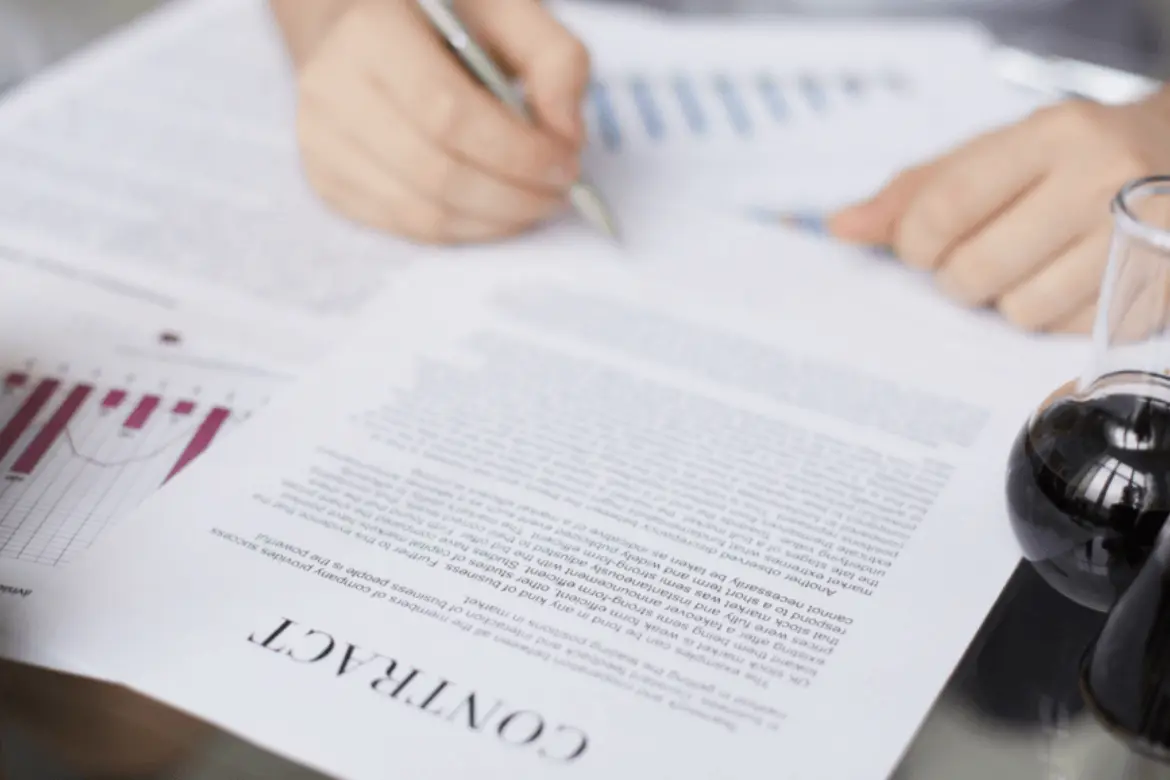Recent Blog on Topic
Judgment Collection for Attorneys:
As many creditors know, the state of Texas provides robust protection for debtors, and navigating the process for post-judgment collections in Texas can be an overwhelming experience for even the savviest professional. Attempting debt collection during an economic slowdown can further compound a creditor’s frustration as they face an increase in slow-pay and no-pay debtors. After countless demand letters go ignored, creditors often turn to litigation in hopes of getting paid.
However, a creditor’s celebration after obtaining a judgment is often short-lived, as they soon realize the judgment is only a piece of paper and there is more work to be done. Many of the collection fantasies soon fade away upon reviewing the long list of properties exempt from collection in the state of Texas. For example, even if the judgment debtor resides in a million dollar home, the entire homestead equity is exempt for execution if the property qualifies as such. This news can be discouraging; however, there are still avenues for collection. This article serves as an overview of the various post-judgment collection procedures available in Texas.
Carpenter & Associates team of civil litigation attorneys are experts in every aspect of judgment collections.
Methods for Judgment Collection:
Finding out what kinds of property can be used in recovery of judgment depends on the debtor. Enforcing a judgment debt against a company is easier than against an individual, since the homestead, along with other types of property like a personal vehicle and clothing, is exempt.
To find out what property can be used for your recovery of judgment, Carpenter & Associates uses every tool at our disposal as litigators – interrogatories for post-judgment discovery, motion practice, turnover orders, and contempt charges if necessary – as part of our judgment recovery services.
After we locate the property, we can file an abstract of judgment for you which places a “judgment lien” on the property for enforcement of the judgment debt. There is no limit to the number of counties that we can file an abstract of judgment in, and the abstract of judgment and lien last ten years. We can also help you renew abstracts of judgments about to expire.
Another option of how we can enforce your execution of judgment is to obtain a “writ of execution.” 30 days after judgment, we will obtain this writ to attempt to seize the debtor’s property to satisfy your judgment. The court-issued writ of execution allows law enforcement to take on properties similar to those of a judgment enforcement agency. This means law enforcement can seize and sell real and personal property belonging to the debtor in order to help satisfy the judgment.
In some situations, we can help you pursue a “writ of garnishment.” A writ of garnishment is particularly useful in situations where the debtor does not have enough real or personal property to satisfy your judgment against them. Accounts subject to a writ of garnishment can include not only bank accounts, but also some investment accounts.
Recovery of Judgment by an Agent of the Court:
We may also be able to get you a “turnover order,” where court judgment debt collection occurs by appointing a receiver as an agent of the judge. This receiver uses his or her court-appointed power to conduct further post-judgment discovery and turnover assets directly to you.
Finally, if you have a judgment from another state, sometimes referred to as a foreign judgment, we can help you obtain a “judgment domestication” with the appropriate county clerk’s office. Once we domesticate your judgment, we can provide you with the full range of our judgment enforcement services described on this page.
If you have been awarded a judgment, you will need a lawyer with specific experience enforcing collections and the right knowledge and resources to help protect your rights. Call Carpenter & Associates today to schedule your free consultation. We work to understand your situation and do everything we can to help you!
Recent Blog on Topic
Judgment Collection for Attorneys:
As many creditors know, the state of Texas provides robust protection for debtors, and navigating the process for post-judgment collections in Texas can be an overwhelming experience for even the savviest professional. Attempting debt collection during an economic slowdown can further compound a creditor’s frustration as they face an increase in slow-pay and no-pay debtors. After countless demand letters go ignored, creditors often turn to litigation in hopes of getting paid.
However, a creditor’s celebration after obtaining a judgment is often short-lived, as they soon realize the judgment is only a piece of paper and there is more work to be done. Many of the collection fantasies soon fade away upon reviewing the long list of properties exempt from collection in the state of Texas. For example, even if the judgment debtor resides in a million dollar home, the entire homestead equity is exempt for execution if the property qualifies as such. This news can be discouraging; however, there are still avenues for collection. This article serves as an overview of the various post-judgment collection procedures available in Texas.
Carpenter & Associates team of civil litigation attorneys are experts in every aspect of judgment collections.
Methods for Judgment Collection:
Finding out what kinds of property can be used in recovery of judgment depends on the debtor. Enforcing a judgment debt against a company is easier than against an individual, since the homestead, along with other types of property like a personal vehicle and clothing, is exempt.
To find out what property can be used for your recovery of judgment, Carpenter & Associates uses every tool at our disposal as litigators – interrogatories for post-judgment discovery, motion practice, turnover orders, and contempt charges if necessary – as part of our judgment recovery services.
After we locate the property, we can file an abstract of judgment for you which places a “judgment lien” on the property for enforcement of the judgment debt. There is no limit to the number of counties that we can file an abstract of judgment in, and the abstract of judgment and lien last ten years. We can also help you renew abstracts of judgments about to expire.
Contact Information
Location
Drop Us a Line
Have questions or requests? We're here to assist. Whether you need legal advice or have inquiries, our intake team is dedicated to providing prompt assistance.


